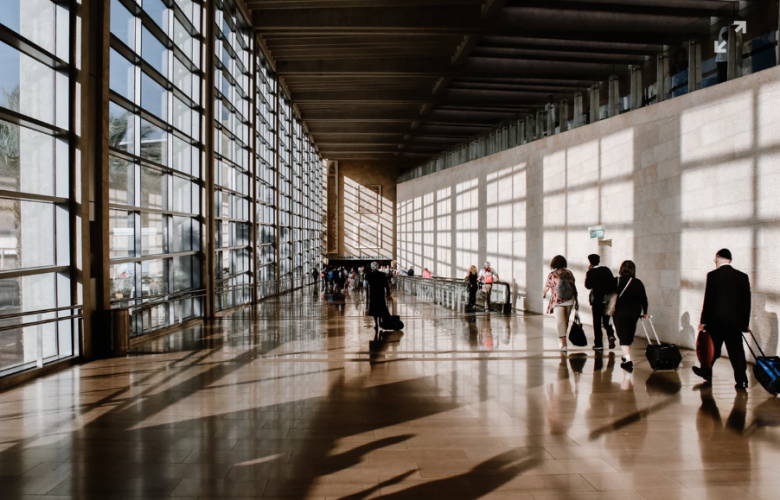Visitor levy to raise $80 million to future proof tourism
Contact
Visitor levy to raise $80 million to future proof tourism
The New Zealand Government has approved a new International Visitor Conservation and Tourism Levy to be set at $35 per visitor, raising an estimated $80 million a year to go toward tourism infrastructure and conservation projects.
The levy will be collected through visa fees and via the new Electronic Travel Authority, with legislation due to be passed around the middle of next year.
Tourism Minister Kelvin Davis stated that, “The estimated $80 million a year this levy will raise gives New Zealand the opportunity to be a world leader in destination management and a place that focuses on getting the best from tourism growth for our country and people.”
“This levy is one part of a package of initiatives designed to make sure the tourism industry is sustainable, productive and inclusive, and continues to provide good experiences for both visitors and local communities.”
Conservation Minister Eugenie Sage said public consultation showed strong support for the levy, with the majority of the 107 submitters in favour of setting the fee at $35.
“The money raised through the levy will help improve the protection and enhancement of New Zealand’s distinctive natural environment and improve tourism planning. The chance to enjoy Aotearoa’s spectacular landscapes and nature are a major reason international visitors come to our country,” Eugenie Sage said.
“Nature is at the heart of New Zealand’s success. Improved tourism strategy and planning will help ensure the natural, cultural and historic heritage that underpins our tourism industry is protected and enhanced into the future.”
Kelvin Davis said the intention is for funds to be split evenly between conservation and tourism and further work with stakeholders will now be done to decide the best ways to spend the levy’s revenue.
“We have a couple of options on how to do this and will work through those with our partners, but the main feature of the levy is that its revenue will be set aside for conservation work and tourism infrastructure,” Mr Davis said.
“This levy will provide sustainable funding so as a country we can better respond to the challenges and opportunities of tourism growth,” Kelvin Davis said.







